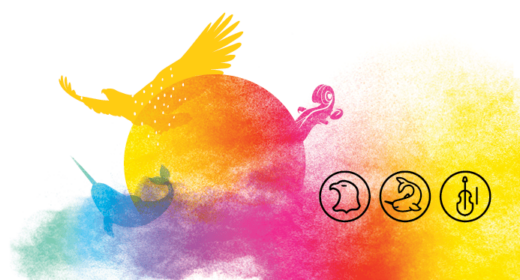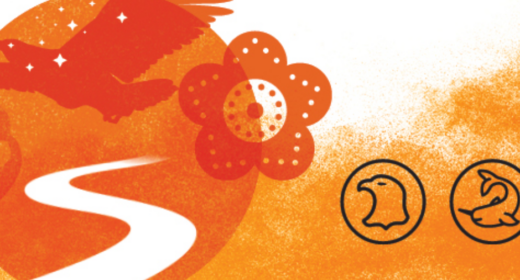After country-wide consultations, the Government of Canada has released a report that will guide the design of the federal inquiry into Murdered and Missing Indigenous Women and Girls. From the look of things, the legal system could be a major point of focus in the final design of the inquiry.
The Final Report of the Pre-Inquiry Engagement Process outlines the feedback that was received through a public consultation process that began in January of this year. The report currently available to the public is not the final design of the inquiry – it is simply a summary of the recommendations that were received. That said, it can give us an idea of the ground that the inquiry might ultimately cover.
Participants in the consultation recommended an independent process led by Indigenous women, one which is inclusive of transgender and two-spirit people, as well as men and boys. They want the leaders of the inquiry to be geographically, culturally, professionally and philosophically diverse, with an understanding of legal principles and the issues facing Indigenous peoples in Canada.
Key issues were identified, ranging from child and family services, law enforcement and criminal justice, to the broader systemic issues experienced by Indigenous peoples. Many of these issues involve Canadian law and policy, and the way that Indigenous peoples and individuals interact with the legal system. See some examples below.
Social programs and services
Social services, health and counselling supports, and funding inequalities in the provision of these services, were all issues that were identified for investigation. Social issues related to the legacy of residential schools and the “’60s scoop” have been compounded by under-funding of social services in Indigenous communities.
Availability of appropriate support and services could have a serious impact on Indigenous women and girls’ experiences of violence.
In January, the Canadian Human Rights Tribunal ruled in First Nations Child and Family Caring Society of Canada et al. v. Attorney General of Canada (for the Minister of Indian and Northern Affairs Canada) that Canada’s funding of social services for children and families on reserve was discriminatory. The outcome of the MMIW inquiry could help shape the governmental responses to this decision and lead to the design of programs that are more effective and better suited to the needs of the diverse communities that they serve. It is a well-established principle in Canadian law that equality does not mean treating everyone as if their needs were identical.
Institutional discrimination in correctional services and the justice system
Participants also highlighted institutional bias in correctional services and the justice system. In 1999, the Supreme Court decided the R. v. Gladue case, which requires courts to take a more culturally sensitive approach to sentencing Indigenous offenders. However, 17 years later, Indigenous people remain over-represented in Canada’s prisons and the criminal justice system.
Contact with the corrections and justice systems can contribute to instability and vulnerability for Indigenous women and girls, whether as offenders, victims or community and family members. A review of these systems will likely reveal ways in which Indigenous women and girls could be better represented and supported, and could exercise more agency in the legal processes that affect their lives.
A stronger voice in law and policy
More broadly, participants requested a study of the roles of Indigenous legal systems, knowledge and traditions, and the roles of women in giving voice to them. This line of questioning would address the ways in which Indigenous women and girls are silenced in the dominant legal and political systems, and will empower them and their communities to promote their safety and well-being.
In particular, participants suggested a review of the funding available to Indigenous women’s organizations. A similar concern was raised in 1994, when the Native Women’s Association of Canada (NWAC) took the federal government to court (in Native Women’s Assn. of Canada v. Canada) for refusing to provide it with direct funding or direct input into the constitutional discussions leading up to the Charlottetown Accord. Four national Indigenous organizations had been funded and consulted, while the NWAC was encouraged to work with those groups in order to advance its own position. The Supreme Court decided that the funding consultation process did not violate The Constitution Act and that the NWAC had not proven a failure by the national organizations to advance the interests of Indigenous women.
Overall, the pre-inquiry consultations tapped into a broad range of issues that engage Indigenous people’s legal rights and interests. If the inquiry adopts this broad scope that has been recommended by the public, we could see some very interesting discussions about Indigenous experiences with the law, followed by important changes in the legal landscape. We will be watching the process with interest as it unfolds.


